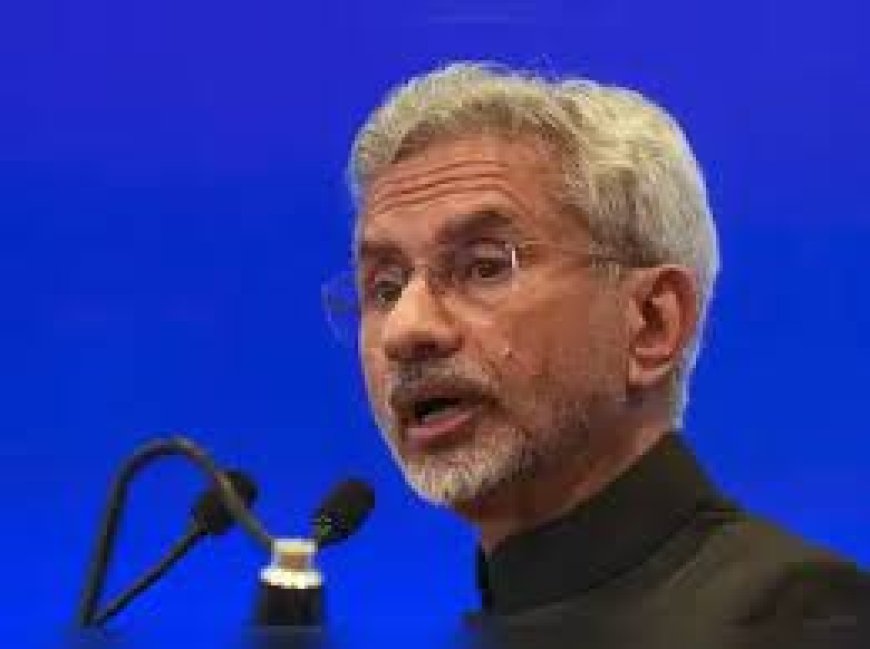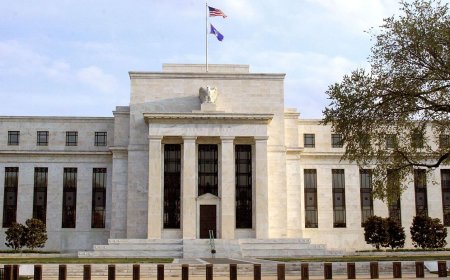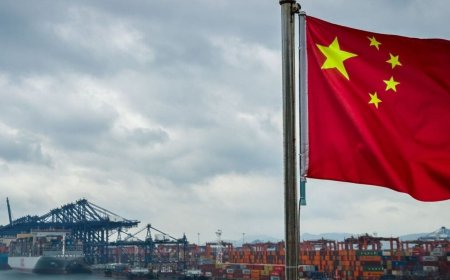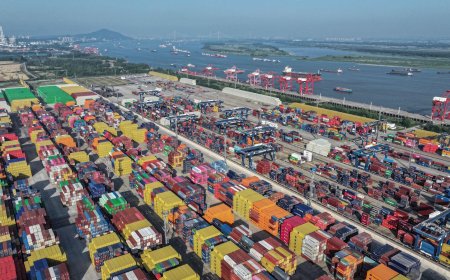Keeping foreign policy hostage to domestic political optics hurts India
India’s foreign policy is increasingly being shaped by domestic political optics. Analysts warn this trend could undermine long-term strategic interests and investor confidence.

In a globalized world where diplomacy demands continuity, nuance, and long-term vision, India’s foreign policy is increasingly becoming a tool for short-term domestic political gains. From calibrated aggression at borders to symbolic high-level visits, decisions that should be guided by strategic priorities are now being repurposed to serve narratives aimed at winning elections and bolstering political capital. Experts warn that this growing trend is not only weakening India’s global credibility but also raising risks for foreign investors.
The Conflation of Foreign and Domestic Agendas
India's foreign engagements have long been driven by principles of strategic autonomy, regional stability, and global leadership aspirations. However, recent years have witnessed a concerning overlap between international posturing and domestic political theater.
A case in point is India's complex relationship with China. After the Galwan clash in 2020, the public and political discourse in India shifted dramatically. Diplomatic de-escalation was often masked behind hardline rhetoric aimed at appeasing a nationalist voter base. While it made for compelling headlines, it complicated bilateral negotiations and created uncertainties for regional stability.
“Foreign policy is inherently a slow, methodical process. You cannot allow it to swing like a pendulum based on electoral timetables,” says Dr. Radhika Joshi, a senior fellow at the Institute of Strategic Studies in New Delhi. “When you inject it with populist fervor, you compromise its depth and reliability.”
Market Perception and Strategic Risks
From an investor’s perspective, foreign policy volatility adds another layer of risk to doing business in India. Countries and companies alike seek predictability—especially in trade, taxation, and geopolitical alignment.
The sudden reversal or aggressive stance on issues like trade deals, foreign direct investment norms, or military alignments creates uncertainty. For example, India’s withdrawal from the Regional Comprehensive Economic Partnership (RCEP) was framed domestically as a win for local industry, but analysts argue that it sent a protectionist signal to global markets.
“Markets don’t like surprises,” states Ankit Sharma, a geopolitical risk analyst at Nomura India. “When diplomatic decisions appear to be driven more by election cycles than long-term vision, it creates reputational risk. Foreign capital is patient, but it also demands consistency.”
The Global Stage Doesn’t Wait
India aspires to be a key player in global governance frameworks—from the UN Security Council to BRICS and the G20. But these platforms require a steady hand, not a reactionary one. The performance of India on such multilateral forums often contrasts with its hyperbolic domestic positioning.
For instance, India's abstentions on various United Nations resolutions, particularly on contentious issues like the Russia-Ukraine conflict, have been critiqued as attempts to balance global expectations with domestic political narratives that favor non-alignment.
Yet, these stances can isolate India from Western partners at a time when global alliances are hardening. “India has to decide whether it wants to be a swing state or a steadfast partner. You can’t do both convincingly if your compass keeps shifting based on public sentiment,” notes Elena Carter, foreign policy editor at The Diplomatic Review.
Domestic Optics: A Double-Edged Sword
There is no denying that political leaders must consider public opinion. However, the overt use of foreign visits, military displays, or anti-immigrant rhetoric during election periods creates an optics trap. Once a line is publicly drawn in the sand, it becomes politically difficult to retreat, even when strategic interest demands it.
In 2023, a state-level election saw campaign speeches openly attacking certain foreign nations perceived as adversaries. Weeks later, national-level diplomats were forced to clarify and reframe statements to avoid damaging long-term relationships.
“The optics may work for a week or two, but the cost of walking them back can haunt India for years,” warns Ambassador Satish Menon (Retd.), a veteran of the Indian Foreign Service.
Investor Outlook: Proceed with Caution
India continues to be an attractive destination for global investors, given its demographic advantage, robust digital ecosystem, and large consumer base. But geopolitical inconsistency could be a deterrent for those investing in sectors that rely heavily on international stability—such as manufacturing, infrastructure, and defense.
Some multinational firms have already sought "China +1" strategies, positioning India as a secondary hub. But policy unpredictability rooted in political expediency could derail those plans.
“Investors can tolerate taxation issues or regulatory burdens,” says Arun Rajan, portfolio manager at Global Horizons Capital. “What they can’t plan for is when foreign relations directly affect the bottom line, as in the case of trade tariffs or retaliatory diplomatic actions.”
The Way Forward: De-Linking Strategy from Sentiment
To navigate the complex realities of the 21st century, India needs a foreign policy that is both agile and anchored. Analysts suggest a multi-party consensus model for key strategic relationships—similar to those in countries like the U.S. or U.K.—which would shield long-term foreign policy from political swings.
Additionally, think tanks and strategic institutions need greater independence to shape debate based on realpolitik rather than emotional narratives. Transparency in foreign policy decision-making and bipartisan briefings to Parliament could also improve coherence.
India stands at a pivotal moment. Its global ambitions and domestic political vibrancy are both strengths—but only if they are balanced carefully. Treating foreign policy as an extension of election strategy may win short-term applause, but it risks eroding the very strategic autonomy India seeks to preserve.
In an increasingly polarized world, the need for a steady diplomatic hand has never been more vital. Investors, allies, and adversaries are all watching—not just what India says, but how it says it, and when.
What's Your Reaction?
 Like
0
Like
0
 Dislike
0
Dislike
0
 Love
0
Love
0
 Funny
0
Funny
0
 Angry
0
Angry
0
 Sad
0
Sad
0
 Wow
0
Wow
0













































































